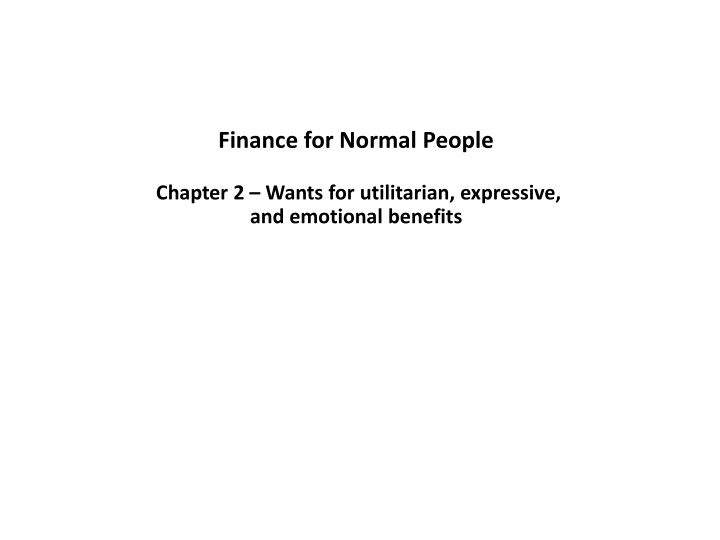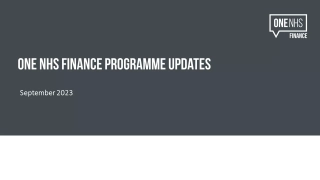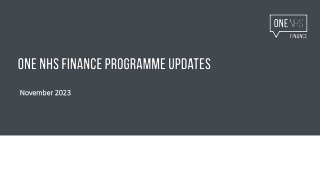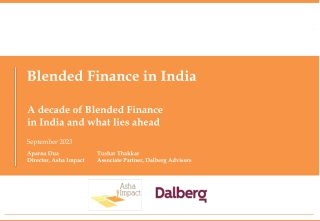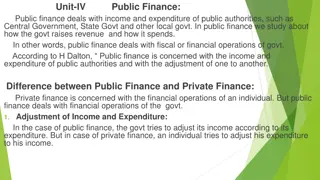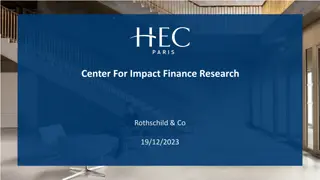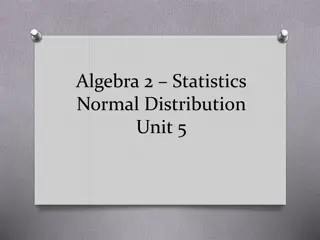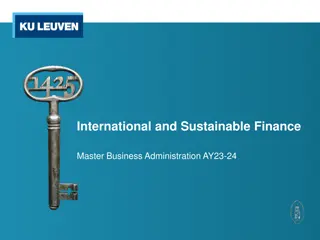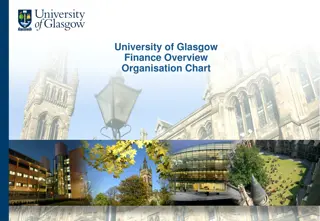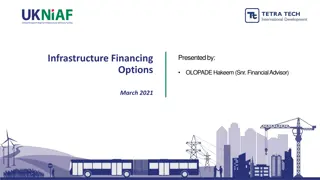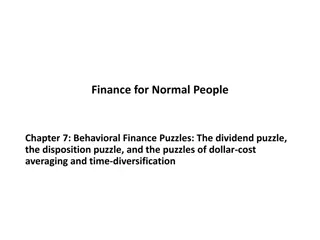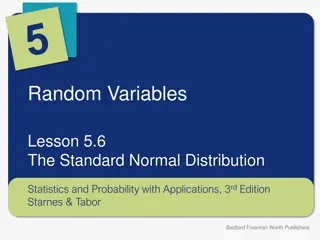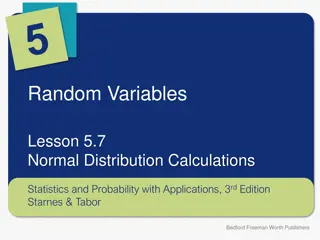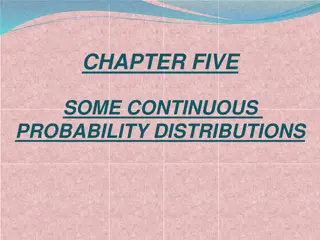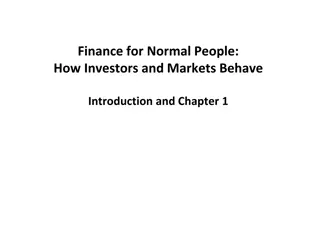Finance for Normal People
Understanding the desires that drive our financial decisions, this chapter delves into the utilitarian, expressive, and emotional benefits we seek. From luxury watches to high social status, explore the conflicts, tradeoffs, and varying wants we encounter as investors and consumers.
Download Presentation

Please find below an Image/Link to download the presentation.
The content on the website is provided AS IS for your information and personal use only. It may not be sold, licensed, or shared on other websites without obtaining consent from the author.If you encounter any issues during the download, it is possible that the publisher has removed the file from their server.
You are allowed to download the files provided on this website for personal or commercial use, subject to the condition that they are used lawfully. All files are the property of their respective owners.
The content on the website is provided AS IS for your information and personal use only. It may not be sold, licensed, or shared on other websites without obtaining consent from the author.
E N D
Presentation Transcript
Finance for Normal People Chapter 2 Wants for utilitarian, expressive, and emotional benefits
Why do we pay $10,000 for an IWC watch? Utilitarian, expressive and emotional benefits Utilitarian benefits What does it do for me and my pocketbook? It tells time and never breaks down Expressive benefits What does it say about me (to me and to others)? I am a successful man with high status and refined tastes Emotional benefits How does it make me feel? Accomplished and masculine
We want to play games and win We want to demonstrate our competence We want to stay true to our values We want high social status We want fairness We want to pay no taxes Our wants vary Our Wants as Investors and Consumers Our Wants and Errors Our wants and shoulds Conflicts and tradeoffs of utilitarian, expressive, and emotional benefits within a person Conflicts and tradeoffs of utilitarian, expressive, and emotional benefits between people
Our wants include the utilitarian, expressive and emotional benefits of riches and protection from poverty, nurturing our children and families, demonstrating competence, playing games and winning, staying true to our values, enjoying the comfort of familiarity and the passion of patriotism, gaining high social status, promoting fairness, paying no taxes, and more.
We face tradeoffs among our wants, such as between the utilitarian benefits of great wealth and the expressive and emotional benefits of adherence to values. Tradeoffs are evident in experiments where some people were induced to think that time is money by highlighting hourly wages and their utilitarian benefits, whereas other people were not induced to think so. People induced to think that time is money derived fewer emotional benefits from listening to pleasurable music than those not induced to think so. They exhibited less patience and experienced less enjoyment. We also face conflicts between our wants and the wants of others. These include conflicts between the wants for utilitarian, expressive and emotional benefits received by corporate managers and their shareholders, money managers and their investors, and financial advisers and their clients.
We want riches and protection from poverty Hope for riches urges us to invest our entire portfolio in stocks and lottery tickets. Fear of poverty urges us to invest our entire portfolio in government bonds and hold tight to Social Security.
We balance our two wants by dividing our money into layers of portfolio pyramids, some devoted to hope for riches and others to freedom from the fear of poverty. We place bonds and annuities paying guaranteed income in layers at the bottom of the pyramid, designed to free us from the fear of poverty, while we place stocks and lottery tickets in layers closer to the top of the pyramid, designed to give us hope of riches.
We want to nurture our children and families Parents are especially concerned about investments in their children s education and helping them start households.
